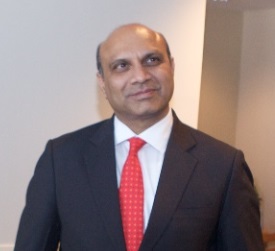A Quote by Beth Brooke
Some companies are already investing in women and thereby betting on a brighter future - for a workforce just waiting to blossom, for emerging economies whose development depends on this new talent, and, of course, for their own financial growth.
Related Quotes
Mobile phone technology can help to bring financial services to the 80 percent of African women who do not have a bank account and bolster the growth of the world's poorest continent. It's not just about empowering women, it's about economic growth. Unless we can make access to finance easier for women in their businesses, we will be missing out on a significant portion of growth within our economies
Long-term economic growth depends mainly on nonmonetary factors such as population growth and workforce participation, the skills and aptitudes of our workforce, the tools at their disposal, and the pace of technological advance. Fiscal and regulatory policies can have important effects on these factors.
I'm noticing a new approach to art making in recent museum and gallery shows. It flickered into focus at the New Museum's 'Younger Than Jesus' last year and ran through the Whitney Biennial, and I'm seeing it blossom and bear fruit at 'Greater New York,' MoMA P.S. 1's twice-a-decade extravaganza of emerging local talent.
In the model that we grew up with, governments rule physical territory in which national economies function, and strong economies support hegemonic military power. In the new model, already emerging under our noses, economic decisions don't pay much attention to national sovereignty in a world where more than half of the one hundred or two hundred largest economic entities are not countries but companies.
The future seems a little gloomy! Go to bed early, sleep well, eat moderately at breakfast; the future looks brighter. The world's outlook may not have changed, but our capacity for dealing with it has. Happiness, or unhappiness, depends to some extent on external conditions, but also, and in most cases chiefly, on our own physical and mental powers. Some people would be discontented in Paradise, others ... are cheerful in a graveyard.



































